Printable version: A Different Light – 23 April 2022 -We must address this fundamental right to a place to lay your head
A study by a community housing collective in 2021 revealed one in five disabled people are unhappy with their homes.
Researchers say the issues raised are not new. “We started this journey five years ago and the comments made by parents then are the same as parents and disabled people are saying now and that’s disturbing, five years and nothing’s changed,” said Disability Connect’s Colleen Brown, who co-authored the report. “I detected in the interviews when I was writing it up a real element of despair, a lack of power, a lack of control and a lack of being able to influence the policy makers.”
“The ongoing lack of any political will or intention to address these issues is just appalling,” said Alastair Russell from Mangere East Family Services. “We have seen families with disabled people living in garages we have seen families who have waited over eight years in sub-standard Housing New Zealand.
Earlier this year Stuff published a six-part series articles about the plight of disabled people who navigate a world that is not often built to suit their needs. In part one it detailed the struggle for accessible state homes and the glacial process involved in government funded housing modifications to turn a house from being inaccessible to accessible.
I knew the housing crisis was bad. I knew that this was greatly exacerbated if one was in need of an accessible house. I knew that residential and respite services were scarce, and that the majority of service providers were rest and retirement homes with young physically disabled person units- a totally inappropriate living situation for any young person. I just didn’t realise how bad things were until the last couple of weeks. Recently there was an urgent need for accommodation for a young woman who because of an incident needed accommodation that provided care and support due to her disability. There was absolutely nothing available in Northland -not even temporarily! The answer from the agency who would normally facilitate and coordinate this type of service was a resounding ‘No’ – confirming the fact that there is no emergency housing for disabled people in Northland, and also informing me that there is little point looking in Auckland either.
After days, of searching various alternatives and coercing support from a range of individuals, we were able to cobble together an option in the short term and started to piece together a longer term solution. Disability is very varied in its different facets and there needs to be a range of options to provide support. Accommodation and residential support is a fundamental need. Reality is that, only too often, one’s living situation changes because of a crisis; whether it’s an elderly person falling in their own home and breaking a hip or a disabled person with high and complex needs outgrowing the capacity of their aging parents. As a nation or as a local community we must address this fundamental right-to a place to lay your head. If we don’t, we leave our most vulnerable to the vagaries of fortune and the kindness of strangers. It is not good enough. We must do better!
Jonny Wilkinson is the CEO of Tiaho Trust – Disability A Matter of Perception, a Whangarei based disability advocacy organisation.
